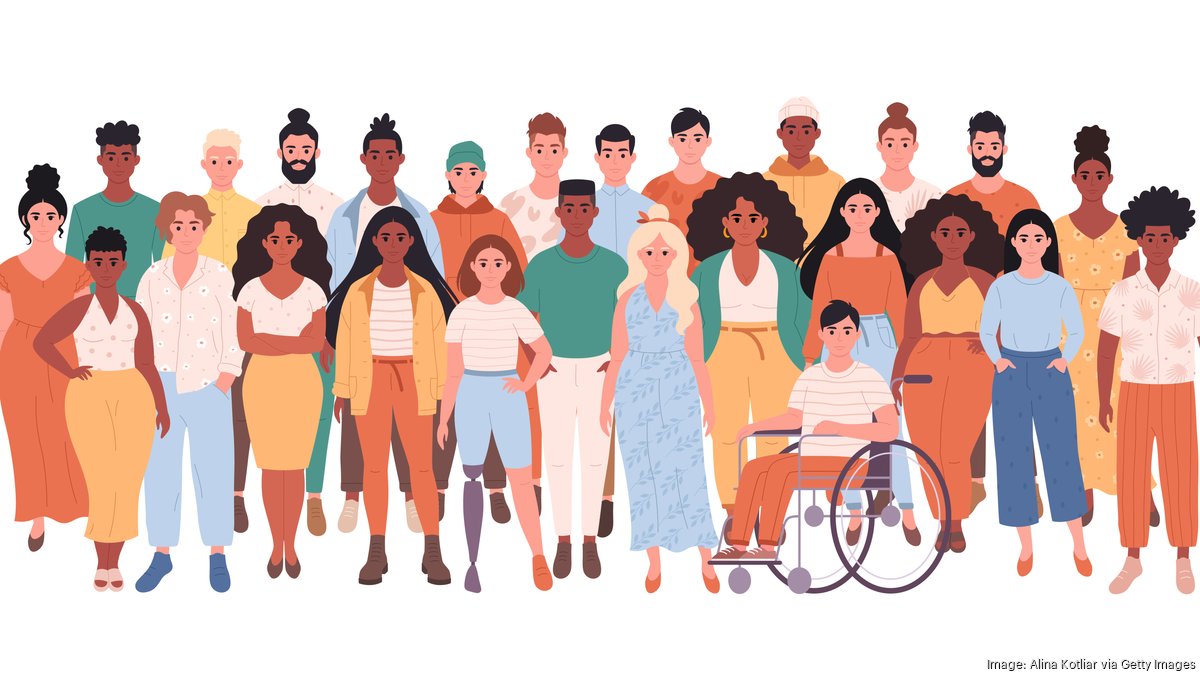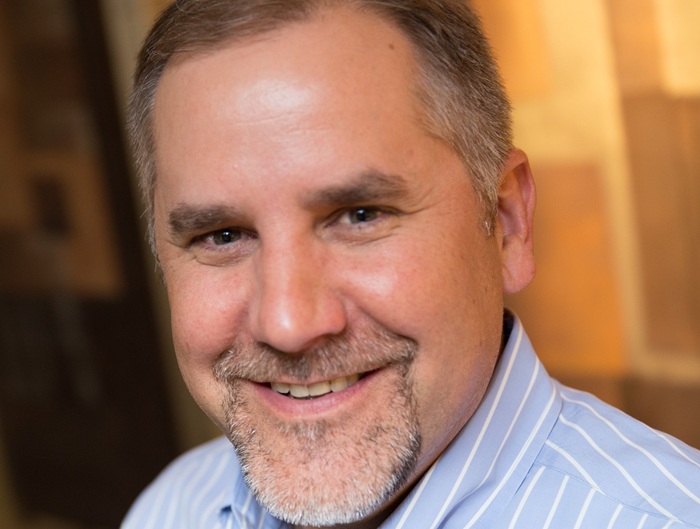Why workplace culture shouldn’t pit DEI against merit
Previously published in Phoenix Business Journal
When President Donald Trump delivered his inaugural address, he signaled what many saw as the beginning of the end for diversity, equity, and inclusion. His administration’s stance suggested DEI initiatives overshadowed merit, fueling a debate that continues in corporate America. Companies such as Meta have followed suit, recently ending their DEI programs. These decisions aren’t just policy shifts; they set back individuals historically excluded from the workplace.
On the surface, I might appear to be a DEI hire. I built my career in business before DEI programs became common. As a Black woman with an unseen disability, I knew how stacked the deck was against me.
Without leaders who opened hiring processes to all, I would not be here. I still had to work harder, stay longer and prove myself more often just to be considered. Worse yet, I often had to downplay my knowledge and skills to appease others or risk losing my job. When people suggest programs that helped me be seen mean I wasn’t qualified, it’s infuriating. It diminishes the grit, talent and perseverance I’ve poured into earning my place at the table.
Many still don’t understand DEI. It’s not about hiring people because they look different; it’s about hiring qualified people. Inclusive hiring doesn’t mean settling for less – it means expanding the talent pool and recognizing that opportunity was never evenly distributed. DEI doesn’t replace merit; it reveals it.
DEI isn’t just about race, gender, or identity. It’s about creating opportunities for everyone – people re-entering the workforce at 50, parents returning to work, veterans transitioning to civilian careers, or those without degrees but with the skills to excel. Programs like parental leave, flexible work, and mental health support exist because of DEI. It’s about seeing potential, not limitations, and building workplaces that reflect diverse talent.
DEI doesn’t take opportunities from some to give to others. It’s about opening doors that were once closed and acknowledging talent comes in many forms. Those who feel like they’re “losing their place” aren’t being pushed aside; they’re facing a level playing field. DEI isn’t a separate initiative – it’s a smarter, more inclusive way of doing business.
The power of being seen
It wasn’t until a leader chose to see my potential that my career advanced. He recognized that I was being overlooked and gave me visibility. He didn’t give me a handout – he gave me a chance. That’s what DEI is about: opening doors to tap into the potential of those who have been overlooked.
When companies dismantle DEI programs, they favor people who look, think and act like those already in power. This creates blind spots and perpetuates inequality. It sends a message to underrepresented employees: “You don’t belong here.”
Leaders committed to fairness must rise above this trend. You don’t need a formal DEI program to promote equity, but you do need intention, that can be accomplished with these steps:
- Audit hiring practices to eliminate bias
- Implement blind resume reviews
- Train managers to embrace diverse candidates
- Ensure equal access to growth opportunities
- Listen to employees and understand their challenges
Treating people fairly shouldn’t be up for debate. Until fairness is second nature, we must create a world where equity isn’t a threat but an opportunity – to build stronger teams, foster innovation, and create spaces where everyone thrives.
Yolanda Slan is chief people officer at Phoenix-based Televerde. The opinions expressed in this column are the author’s and do not necessarily reflect the views of Phoenix Business Journal.


